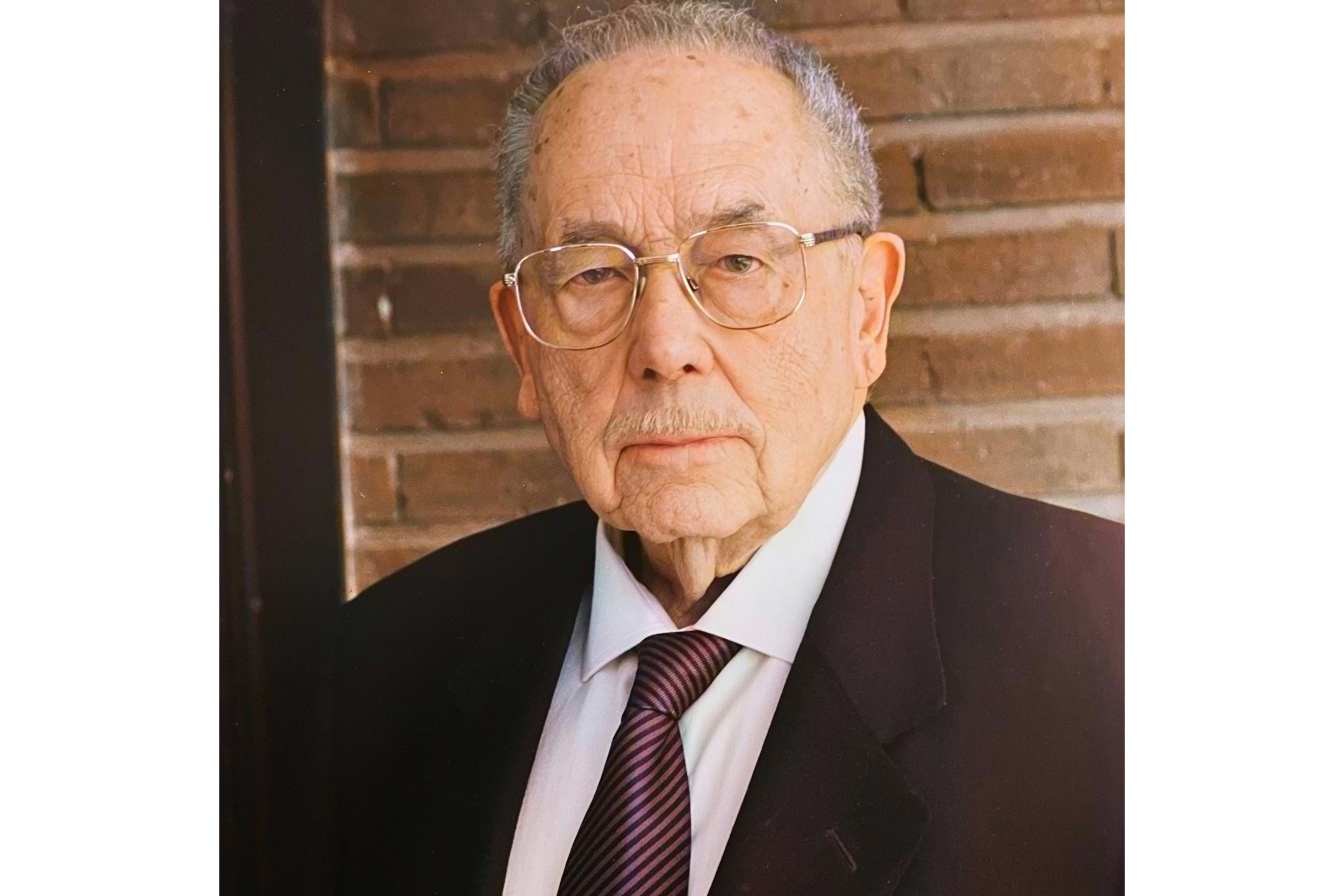Francisco Murillo Ferrol
Biography
- Born in Granada on July 15, 1918.
- Graduate in Law from the University of Granada.
- Postgraduate Studies at the University of Freiburg de Breisgau in the academic year 1943-1944.
- He defended his thesis “The Political Thought of Francisco Suárez, SJ” in 1946.
- Adjunct Professor at the Faculty of Law of the University of Granada in 1947.
- Professor of Political Law at the University of Valencia in 1952.
- Director of the “Luis Vives” Residence Hall.
- Professor of Sociology at the University of Valencia in 1954.
- Alfonso
- Further studies at the University of Cologne in 1958.
- Professor of Political Law at the University of Granada in 1961.
- “Visiting scholar” at the Institute of International Education at Columbia University in 1962.
- Professor of “Theory and System of Contemporary Political Organization” at the Faculty of Economic Sciences of the Autonomous University of Madrid.
- Director of the Institute of Public Opinion (today CIS) in 1974.
- Director of the Center for Constitutional Studies from 1980 to 1982.
- Founder of the Spanish Association of Political Science.
- Doctor Honoris Causa from the University of Granada in 1984.
- Professor Emeritus from the Autonomous University of Madrid in 1987.
- Elected academic of the Royal Academy of Moral and Political Sciences in 1997.
A teacher of social sciences:
Don Francisco, as we all called him, was a key figure in the development of Spanish sociology and political science throughout the last four decades of the 20th century. XX. He was Professor of Political Law at the universities of Valencia, Granada and Autonomous University of Madrid, member of the Academy of Moral and Political Sciences and National Prize for Sociology and Political Science of the CIS in 2003, the first of this nature to be awarded at this institution. .
He began his university life with a doctoral thesis on Francisco Suárez and his first book was Saavedra Fajardo and the politics of the Baroque (Institute of Political Studies, Madrid, 1957; there is a reprint from 1989), which continues to have great freshness as a specific study of history of thought. Shortly afterward he would come into direct contact with post-war American sociology and political science, which would bear fruit in Studies in Political Sociology (Tecnos, Madrid, 1962), his empirical studies on Andalusia, on the Spanish middle classes and his participation in various FOESA reports. As Director of the Institute of Public Opinion, the predecessor of the current Center for Sociological Research, I would also have the possibility of expanding and evaluating this type of approaches and new quantitative methodologies. To all these works would be added and/or overlapping studies of constitutional law and theory of the State, social history of Spain, structure and social change, inequality, specific topics of political science and a long etcetera that it would be too long to present in detail here. It is enough to take a look at the index of the two volumes of his Essays on Society and Politics (Península, Barcelona, 1987 and 1988) to get an idea of the variety of topics to which he devoted his interest and, if read, to verify some of the most suggestive characteristics of his writing: his careful style and his effort not to close the discourse, to suggest more than to affirm.
These previous considerations surely serve to summarize in broad strokes his contribution to the social sciences of our country. For his numerous disciples it was much more than that. It is not easy to find a term whose semantics can accommodate what we all owe it. He was a teacher and friend, an academic initiator and attentive accomplice of our clumsy evolution in his fields of knowledge. But, above all, example. No one could be insensitive to his spirit of rectitude and bonhomie, to his enthusiasm for reading and knowledge of social reality, to his insatiable intellectual curiosity. His healthy skepticism and ironic distance from the most immediate, the fashion of the moment, was well known. Although he always knew how to tolerate and take with interest our repeated extravagances and ramblings. And he was always there when we needed him, giving us advice and love. If the greatest guarantee of survival is the memory of the people we leave behind, the master will continue to live as long as we are all still here.





